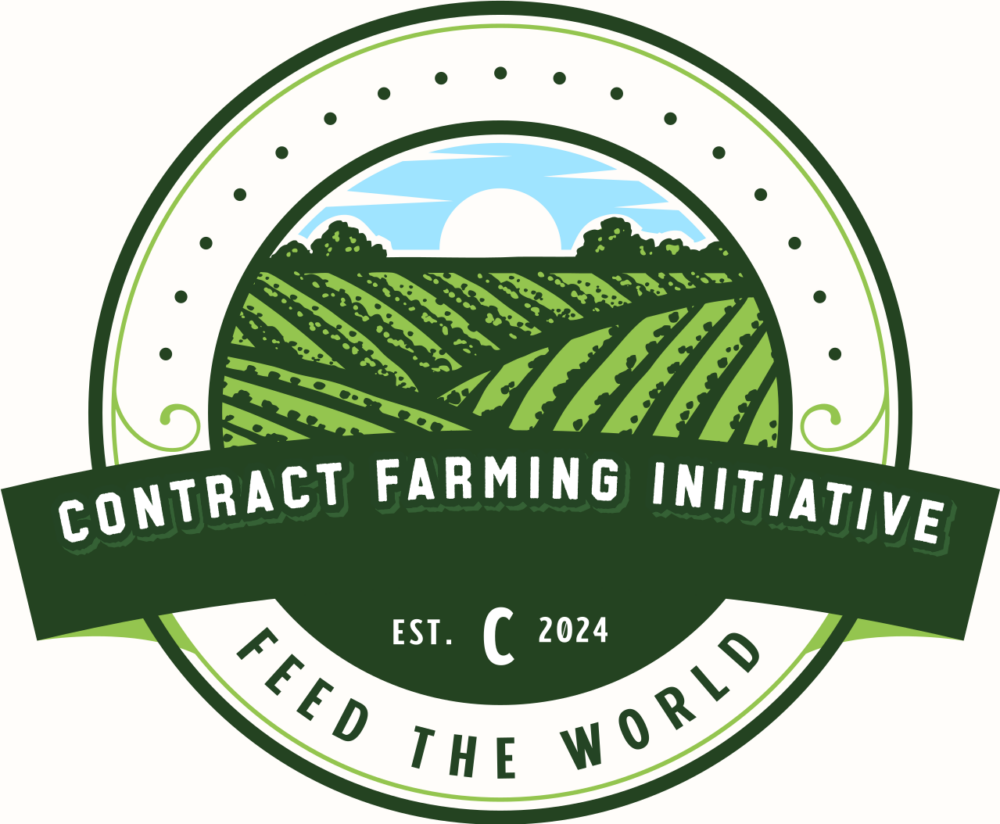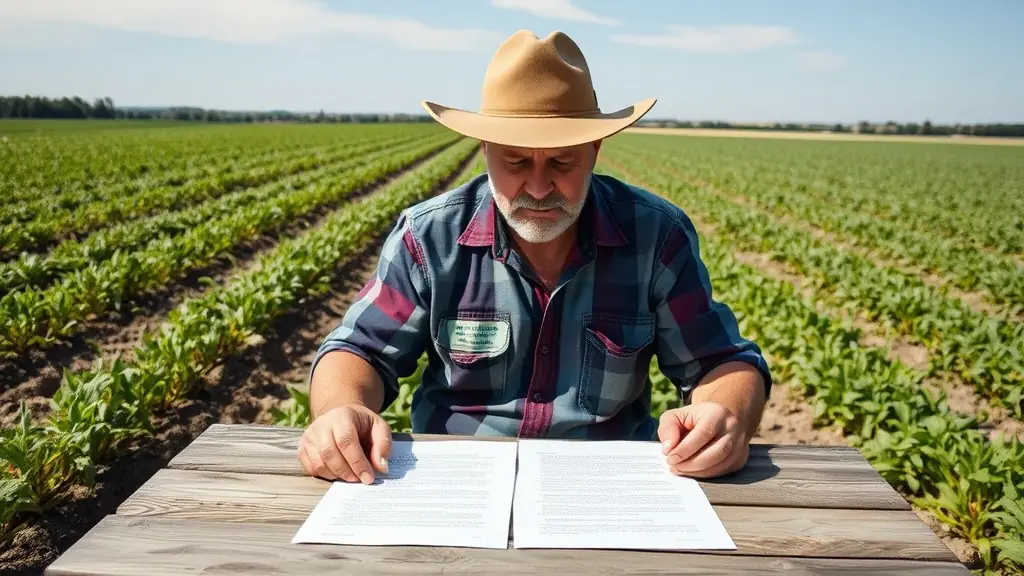Contract farming can be a double-edged sword for farmers, as it presents both opportunities and challenges. One of the primary concerns is the potential for exploitation by buyers who may impose unfavorable terms. Farmers must be vigilant and ensure that they fully understand the contracts they enter into. This requires a level of literacy and awareness that not all farmers possess, highlighting the need for educational resources and support.
Additionally, the dependency on a single buyer can pose risks for farmers. If the buyer faces financial difficulties or changes their purchasing strategy, farmers may find themselves without a market for their produce. Diversifying contracts and building relationships with multiple buyers can help mitigate this risk. Farmers should also seek legal advice when entering contracts to ensure their rights are protected.
Lastly, the fluctuating nature of agricultural markets can impact the viability of contract farming. Changes in demand, weather conditions, and global market trends can all affect the success of contract farming arrangements. Farmers must stay informed and adaptable to navigate these challenges effectively. By understanding both the benefits and challenges of contract farming, farmers can make informed decisions that lead to sustainable success.


